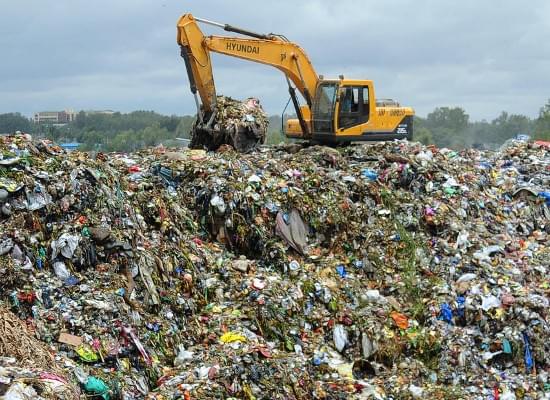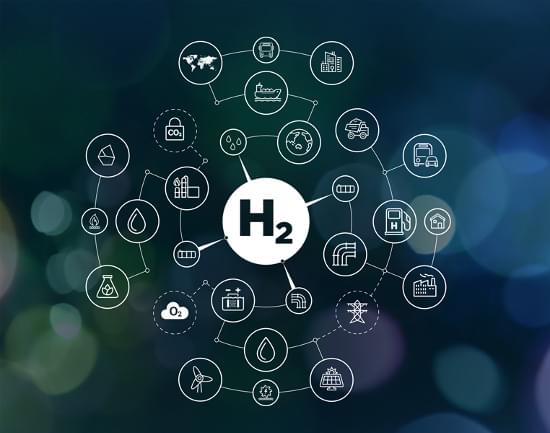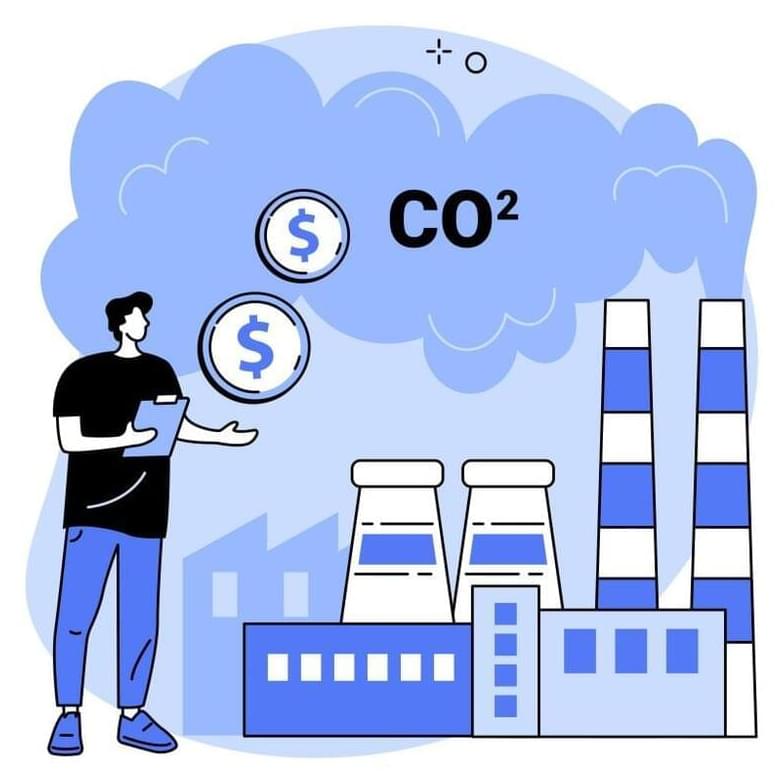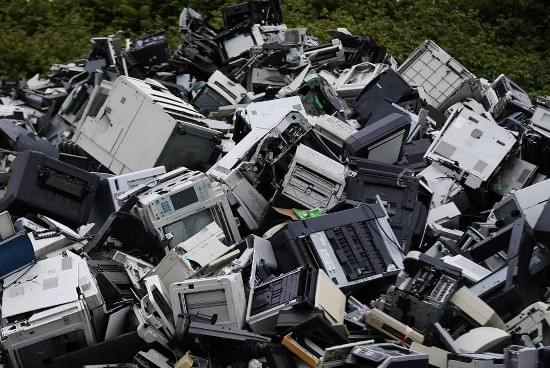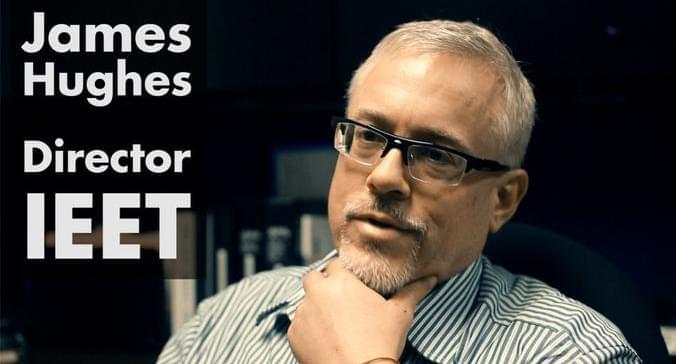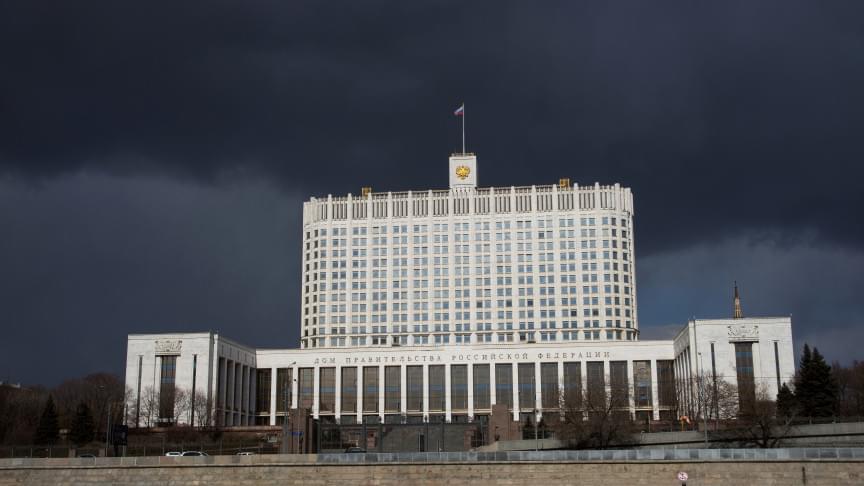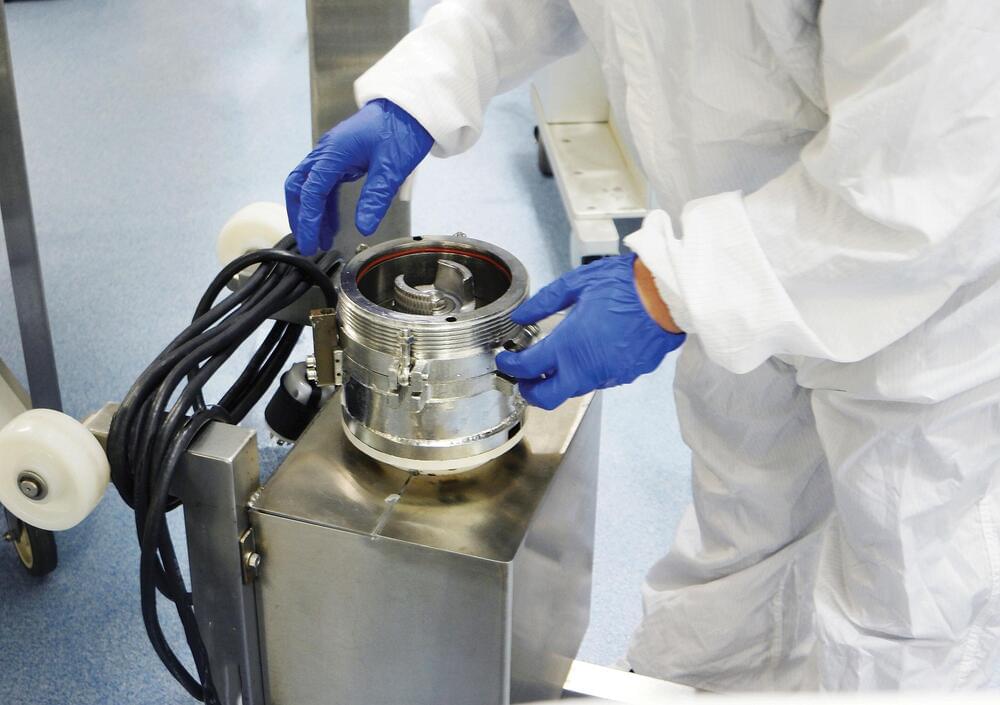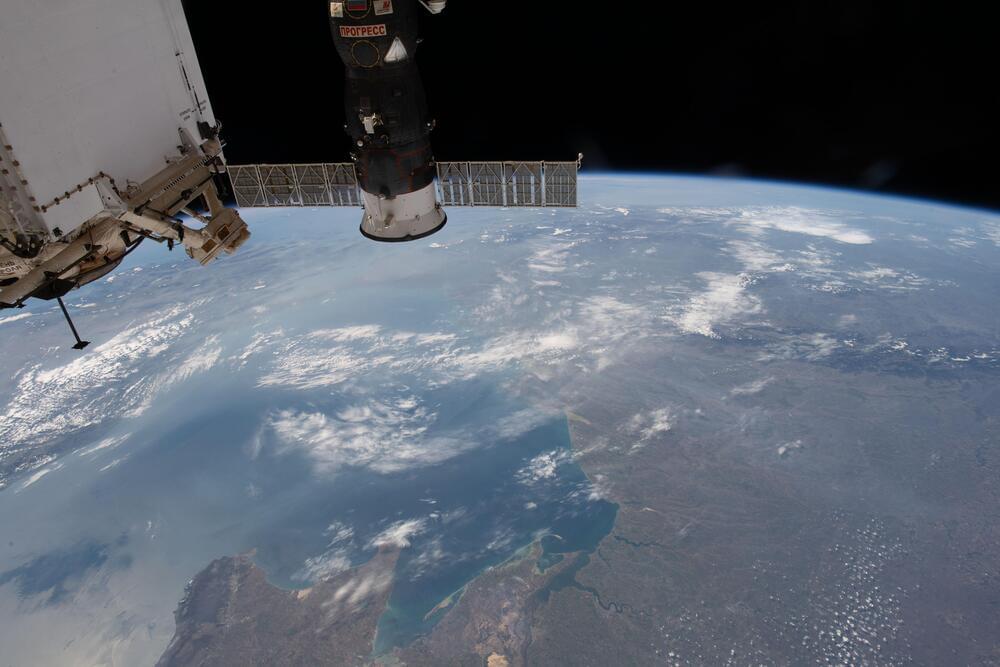
Astronauts representing countries in direct armed conflict have never worked on the space station. Right now, the International Space Station crew consists of U.S. astronauts Raja Chari, Mark Vande Hei, Thomas Marshburn and Kayla Barron; Matthias Maurer, a German from the European Space Agency; and Russian cosmonauts Anton Shkaplerov and Pyotr Dubrov.
Economic sanctions may affect the space programs on Earth, Mastracchio says, but the space-station crews never saw the impact of anything. “The programs themselves still get along,” he says. “It was really just, we were friends before we went up to space, and you’re working up there relying on each other and you continue to do that.” Chamitoff says he wishes the world would take more notice of cooperative operations in space, which could be a better model for how to do things geopolitically. “The space station has been an amazing project that’s brought 15 countries together for 30 years,” he says. “When things like this happen and there’s these kind of tensions, you kind of wonder, ‘Does anybody notice that we’re working together and it’s going great?’”
Full Story:
Continue reading “While War In Ukraine Rages Below, Astronauts Cooperate Above” »
